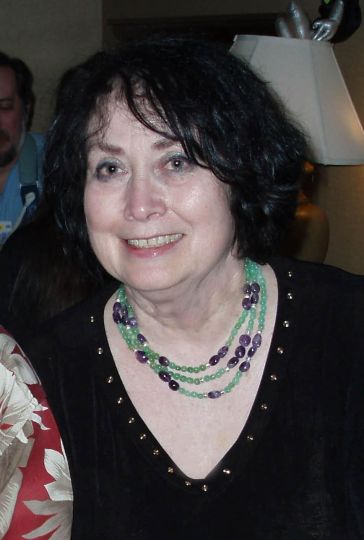Kris
I do wish it had chosen a different title, it made the whole thing far more obvious than it needed to be where it was going. However, what I suppose I would say about it, is the strength of it lies in the telling. This is the first more literary tale we have had in a while, since Delany I believe and it adds a lot to what would otherwise be a forgettable tale. In the way it is done we feel for Alis and how it causes her isolation, first metaphorically, then actually. By seeing things that others don't she is apart from society, never part of it. As when she meets Jim she believes he will leave again as soon as he knows she is "crazy Alis".
The style of Cherryh's prose here is really good, with a real rhythm to the writing to keep you engaged. Particularly impressive for someone who hadn't written very much short fiction before.
Overall, a great piece.
Brian
This was my first Cherryh story, and of course I first read it in the same volume of The Hugo Winners as "Tricentennial" and "Eyes of Amber." Also our first time with an F&SF story in a hot minute, but makes sense it was published there. It has that "literary" quality, which sounds ridiculous now but it was a prose standard which F&SF helped codify.
Anyway, the story itself is.... good. Not great. I don't find it to be that memorable, You could blame it on the title, which does kinda spoil the whole thing if you know literally anything about Greek mythology. I suppose the real big twist is that, while Alis is unable to prevent the war, she is at least no longer haunted by visions of future destructions. I suppose you could call the ending bittersweet; I would struggle to call it a total downer. Like Delany, Cherryh would make her mark as a novelist first and foremost, but while Delany's short fiction retains the manic inventiveness of his best novels, I'm not as sure if the same can be said for Cherryh.
At least after reviewing three Analog stories in a row it's nice to read something that doesn't learn toward hard SF.

